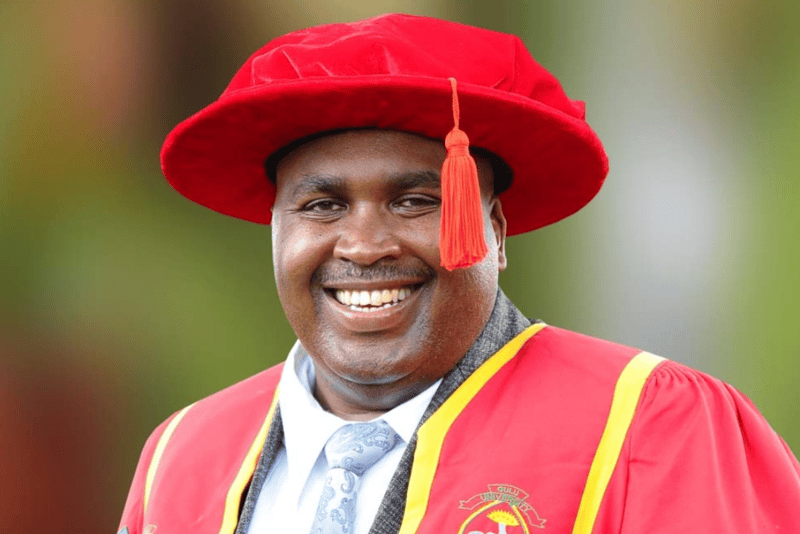Private universities push for new student loan-based funding model

Private universities have called for a major overhaul of the government's higher education funding model, arguing that the approaches implemented so far have been unsustainable and inequitable.
The National Association of Private Universities in Kenya (NAPUK) has submitted a proposal to the Ministry of Education that seeks to shift the funding model towards a system primarily based on student loans with scholarships and grants limited to priority programmes.
More To Read
- 2025 KCSE concludes smoothly as government reports sharp decline in exam cheating cases
- Education Ministry pledges early capitation release for smooth start to new term
- Private universities demand Sh58.8 billion in unpaid tuition fees from government
- Government owes private universities Sh48.8 billion in unpaid student funding, MPs told
- Tension mounts as school heads, teachers’ union reject new TSC leadership structure
- 78 people arrested over exam malpractice as KCSE enters final stretch
The document, addressed to Education Cabinet Secretary Julius Ogamba and received at the ministry headquarters on Tuesday, urges a move away from what it describes as a "social-welfare orientation" in funding.
Instead, it suggests a model focused on sustainability, where students, whether in public or private universities, are supported mainly through recoverable loan products that cover tuition, books, and upkeep.
"Beyond this, the other students, whether in public or private universities, are to be supported through appropriate and inclusive loan products focused on tuition fees, books and upkeep," the proposal states.
Among the key recommendations is the introduction of new revenue streams to support higher education, including a levy on employers of graduates, similar to the hotel and catering levy and the industrial training levy.
The proposal also suggests utilising billions of shillings held by the Unclaimed Assets Authority and exploring educational bonds as an additional funding source.
Simon Gicharu, chairman of NAPUK, proposed the formation of a new funding body, legally empowered to source resources beyond Exchequer allocations.
"While potentially unpopular, other measures could include imposing levies on the profits of institutions or individuals that benefit from specified types of training. The proposed corporation could also establish an endowment fund and, generally, be able to invest with an eye on the future," the document states.
Gicharu, the founder of Mount Kenya University, added that the proposal aligns with recommendations from the Presidential Working Party on Education Reforms and a recent Cabinet decision to merge the Higher Education Loans Board (Helb) and the Universities Fund (UF).
The government introduced a new funding model for universities in 2023 to address the growing debt crisis in public institutions, which currently stands at around Sh80 billion.
Under this model, students receive financial aid through scholarships and loans, allocated based on a means testing instrument to assess their level of need.
However, the model has faced legal challenges and was halted by the High Court in December, creating a crisis where many students now struggle to pay tuition and upkeep costs.
Gicharu noted that students in private universities have also been affected by the court's decision, as they can no longer access Helb loans granted under the now-quashed funding framework.
He noted that a more effective model should track a student's economic background from secondary school rather than evaluating them only upon university admission.
Top Stories Today














































